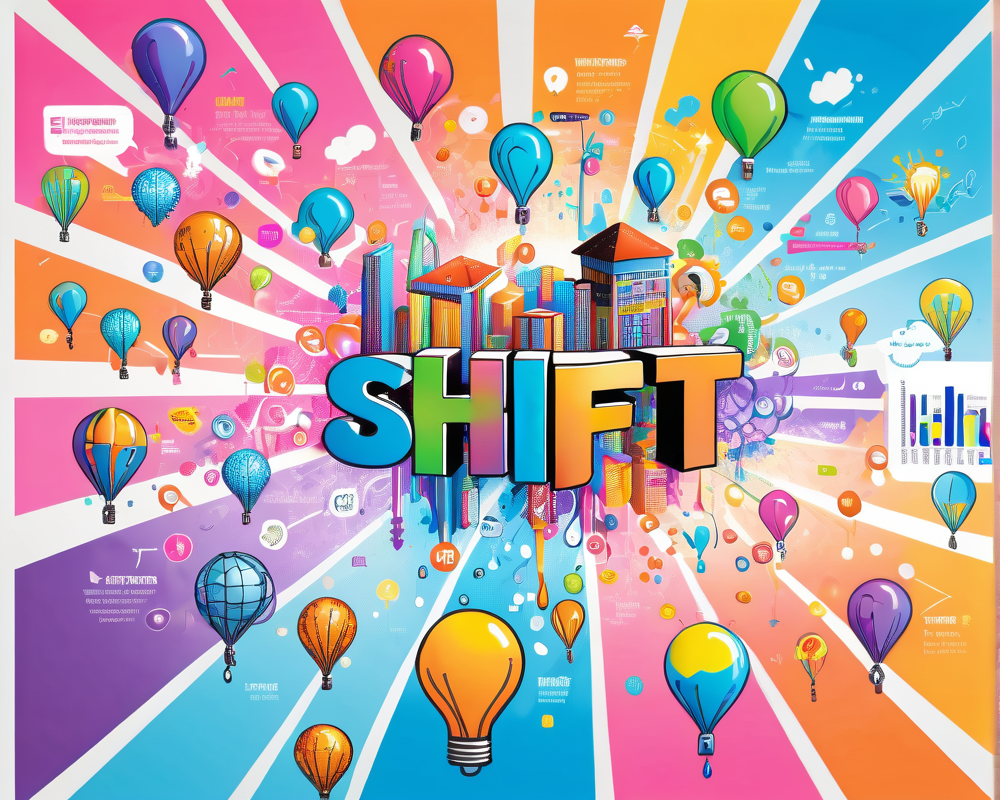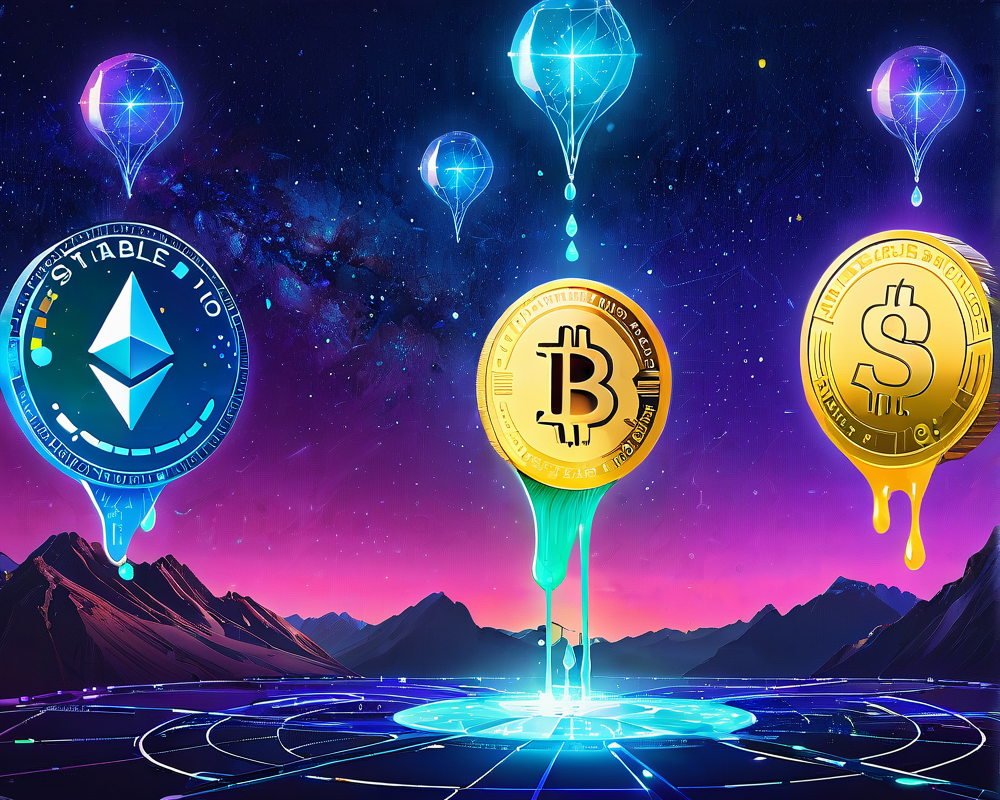The Double-Edged Sword of AI in Music
As artificial intelligence (AI) becomes more intertwined with the music industry, artists find themselves at a crossroads between innovation and anxiety. While AI has the potential to streamline creativity and offer new musical avenues, the same technology raises valid concerns among individuals about its impact on authenticity and artistry.
Survey Insights: Mixed Feelings Among Musicians
According to a recent survey from the private music studio house Pirate, a whopping 53% of artists express concerns about audience perceptions regarding AI-assisted music. With responses gathered from 1,141 musicians across the UK, US, and Germany—including everything from indie bands to hip-hop artists—the findings reveal a clear trend: many artists are hedging their bets on AI in the studio.
- Experience with AI: Only 25% of surveyed artists have dabbled with AI technologies, highlighting a pervasive hesitancy.
- Open to Change: Conversely, 46% of artists expressed interest in exploring AI in the future—a small glimmer of digital hope!
Balancing Acts: The Art of Using AI
Christoph Krey from Brooklyn’s MYAI can eloquently sum up the duality of AI’s influence: they utilize AI for 30% of their endeavors, opting to label the remainder as “art intelligence.” Krey notes the learning curve involved, humorously stating,
“It’s one more thing that artists now have to do on top of everything else they have to do to create value.”
Authenticity Under Scrutiny
David Borrie, co-founder and CEO of Pirate, echoes the sentiment of apprehension surrounding AI, explaining that the primary concern for 58% of reluctant artists is the loss of authenticity. He draws a parallel with Auto-Tune, asserting that many were similarly resistant to its adoption, yet it’s now a staple in the toolkit of modern music production. As time passes, musicians may come to embrace AI’s capabilities just as they did with Auto-Tune.
AI as a Creative Ally
Beyond concerns lies potential. Borrie mentions that many artists incorporate AI into their workflow for songwriting assistance—be it generating prompts, creating rhyme schemes, or simplifying sampling processes. He advocates for increasing visibility of artists using AI to supplement their creative processes, aiming to dispel the stigma that AI is merely a shortcut or, worse, a gimmick.
Legalities and Challenges Ahead
This brave new world is not without its pitfalls, particularly in the realm of copyright issues. The Recording Academy has established stringent rules surrounding AI-generated music. For a submission to be eligible for Grammy consideration, a human must fundamentally create the track, including vocal performances. This has already led to controversies, such as the now-infamous incident of an AI generating a Drake-sounding track, which was rejected due to copyright concerns.
Major record labels, recognizing the slippery slope, are also stepping carefully. Universal Music’s proactive measures include partnerships with tech giants like Google to combat AI deep fakes, alongside petitions to remove unauthorized AI tracks from streaming platforms. They know the stakes are high in this AI-infused future of music.




